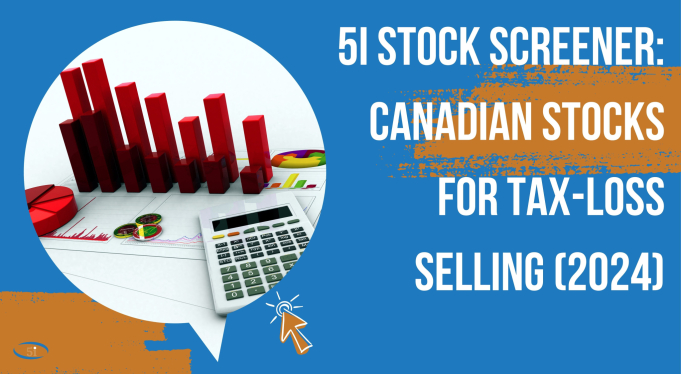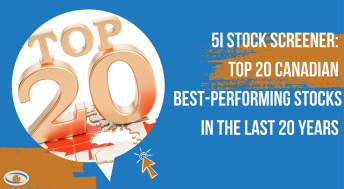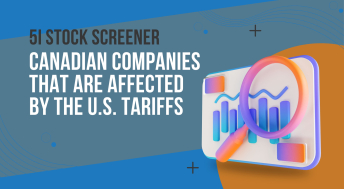2024 has been a very solid year for the equity markets due to a favourable macro backdrop of declining interest rates, a slowdown in inflation, and especially after the election results, where the markets expect Trump’s policies of putting America first can help corporate earnings over the next few years. As a result, not only broad market indices but risky asset classes, such as small-cap, high-growth stocks, cryptocurrencies, etc., have performed strongly and hit new record highs.
That being said, despite a record year where both the S&P 500 and TSX achieved double-digit returns, not all sectors performed well, and there are some corners of the market that have been under pressure. These are where investors can take advantage of their temporary “losers” by claiming capital losses for tax-loss selling, which could offset capital gains.
This strategy can be accomplished by simply selling a temporary losing name in a non-registered account, which could then be used to offset the net capital gains tax investors have on their investments. The unused amount of capital losses can be used from up to three years in the past or carried forward indefinitely. After 30 days of the sale, these holdings can be bought back if investors believe in the long-term fundamentals of these companies.
Although writing off good companies based on one year of bad performance could become a regret for many investors, some of these names that have been under pressure may continue to see underperformance over the long-term. During a bull market cycle, we think investors should respect the wisdom of the crowd. Therefore, investors need to evaluate these names for future reinvestment on a case-by-case basis.
Below we have screened for companies with the following criteria:
- Market cap larger than $100 million
- The share price has depreciated by at least 15%
- Earning before interest and tax (EBIT) 3-year compounded annual growth rate (CAGR) of at least 8%.
- Estimate forward EBIT growth rate
|
The criteria above reflect Canadian companies that have had share prices under pressure since the beginning of this year, depreciating at least by 15%, while the momentum of the underlying businesses continues to be strong, growing by at least by 8% on average in the last three years.
Notable companies
Premium Brands Holdings Corporation (PBH): PBH has been held in our Balanced Model Portfolio for some time. Over the last few years, the company has been in an investment cycle to drive growth going forward. However, PBH has recently seen weakness in sales growth, which dropped to a low single-digits growth primarily due to a weak consumer spending environment. Consequently, PBH’s valuation multiples contracted, which was the major reason for the underperformance. We continue to believe PBH is a high-quality consumer staples name that is experiencing short-term challenges. If PBH can manage to accelerate its topline growth, the stock can see a multiple re-rate from here.
Algonquin Power & Utilities Corp. (AQN): AQN has been one of the favourite dividend names in Canada until recent years when the company mismanaged its leverage levels. AQN has experienced negative free cash flow over the last few years while continuing to invest heavily in capital expenditures. Consequently, its debt level reached an unsustainable level of 7.8x net debt/EBITDA, which is much higher than peers and its historical averages. We don’t think investors should try to catch the bottom in AQN at any price until the company manages to reduce its debt levels to conservative levels.
BRP Inc (DOO): DOO used to be one of the names we own in our Growth Model Portfolio. However, we recently downgraded the company and sold the entire position in our Model Portfolio due to concerns that the duration of the industry downturn cycle, as well as the timing of the recovery, is highly uncertain and may take a long time to recover. Although DOO went through similar cycles and came out strong in the past, we think the current market environment offers the chance to acquire a stake in businesses with strong momentum, which in general, has a much higher chance of doing well relative to turnaround situations.
At the end of the day, total return is what matters. Tax-loss selling could be a short-term strategy for investors to take advantage of. However, investors should not “let the tail wag the dog” by putting too much emphasis on tax loss selling at the expense of long-term total returns.
For reference, we have also linked tax-loss selling screener articles from the last two years here (2023) and here (2022).






Comments
Login to post a comment.